
On May 2 local time, the National Academy of Sciences of the United States announced the list of new academicians.
Eight Chinese scientists were elected as members of the National Academy of Sciences, including Chen Gang (MIT), Lin Xihong (Harvard University), Pan Duojia (Southwestern Medical Center, University of Texas), Dai Biguan (Cornell University), Wang, Michelle D (Cornell University), Xiao Shuhai (Virginia Tech), Zeng Hongkui (Allen Institute for Brain Science), Zhou Min (UCLA).

National Academy of Sciences website
Founded in 1863, the National Academy of Sciences is a private, non-profit institution established by a charter of Congress signed by President Abraham Lincoln. It recognizes scientific achievement by electing members and, along with the National Academy of Engineering and the National Academy of Medicine, provides science, engineering and health policy advice to the federal government and other organizations. This year, 120 academicians and 23 foreign academicians were newly elected. So far, the total number of active academicians of the National Academy of Sciences has reached 2,565, including 526 foreign academicians.
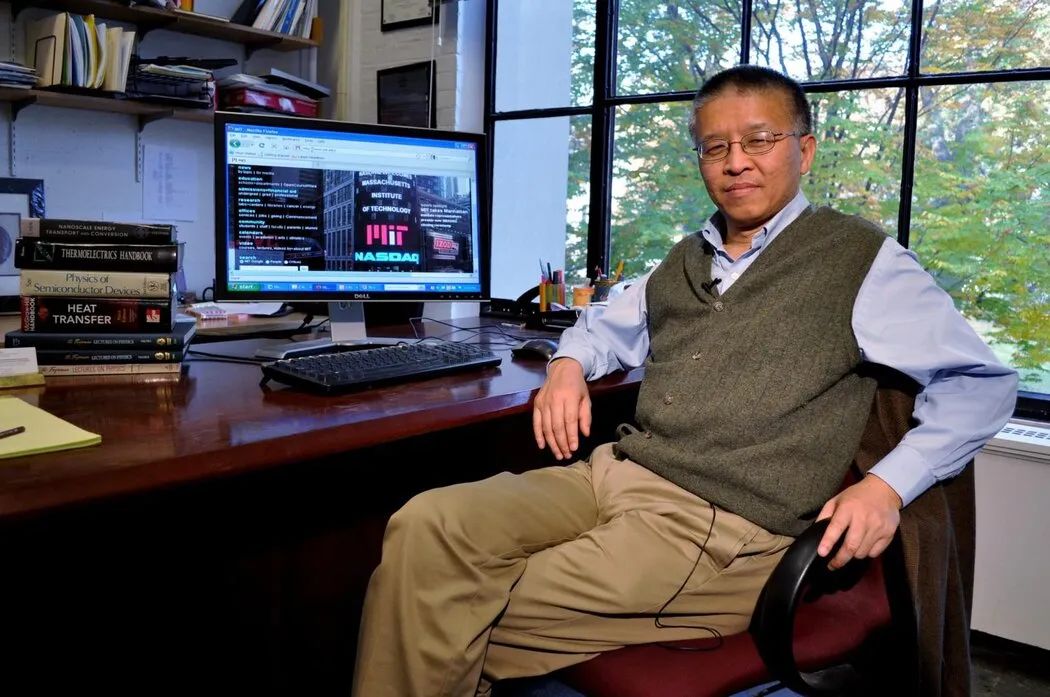
Chen Gang
Chen Gang, a member of the National Academy of Engineering and the American Academy of Arts and Sciences, is also a fellow of the American Society of Mechanical Engineers (ASME), the American Association for the Advancement of Science (AAAS) and the American Physical Society (APS). He is currently a professor of power engineering at the Massachusetts Institute of Technology (a tenured professor), and the head of the Department of Mechanical Engineering at the Massachusetts Institute of Technology (the first Chinese head of the department). Research involves the fields of heat transfer, nanotechnology and energy.
He graduated from Huazhong Institute of Technology (now Huazhong University of Science and Technology) in 1983, and received a master's degree from the Power Department of Huazhong Institute of Technology in 1987. In 1993, he received a Ph.D. degree in Mechanical Engineering from the University of California, Berkeley. Gang Chen was charged with grant fraud by the Trump administration, but the charge was dropped in early 2022.
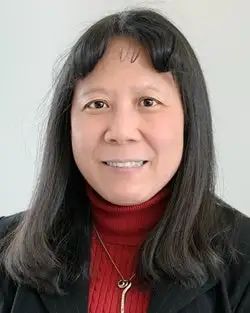
Lin Xihong
Lin Xihong, a Chinese-American statistician, is a professor at the Department of Biostatistics at Harvard University. Her research areas include mixed models, nonparametric and semiparametric regression, statistical genetics and genomics, etc.
Lin Xihong received a bachelor's degree in Applied Mathematics from Tsinghua University in 1989. Afterwards, he went to the United States to study and studied under the famous biostatistician Norman Breslow (Norman Breslow). In 1994, he received a doctorate from the University of Washington. She then taught at the Department of Biostatistics at the University of Michigan, where she was awarded tenure in 1999. In 2002, he became a professor in the Department of Biostatistics at the University of Michigan. Since 2005, he has been a professor in the Department of Biostatistics at Harvard University. Since 2007, he has been serving as the Chair Professor of Cheung Kong Scholar at Tsinghua University.
Lin Xihong is a fellow of the American Statistical Association (2000) and a fellow of the International Society for Mathematical Statistics (2007). He has won the Spiegelman Award (2002) from the American Society of Public Health and the Copps President's Award, the highest award in statistics. "(2006) and other awards.
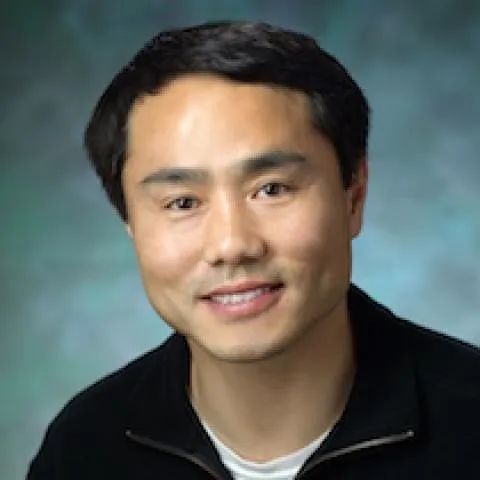
Pandora
Pan Duojia received a bachelor's degree in biochemistry from Peking University in 1988 and a doctorate degree from UCLA in 1993. He joined the University of Texas Southwestern Medical Center (UTSW) as an assistant professor of physiology in 1998 and was promoted to a tenured associate professor in 2004. That same year, he was recruited to Johns Hopkins University, appointed a Howard Hughes Medical Institute (HHMI) Investigator in 2008, elected a Fellow of the American Association for the Advancement of Science in 2012, and received the Paul Marks Prize for Cancer Research in 2013. In 2016, he returned to UTSW as the head of the Department of Physiology.
Dr. Pan studies the molecular mechanisms of growth control and tissue homeostasis. He is best known for his pioneering work on the Hippo signaling pathway.
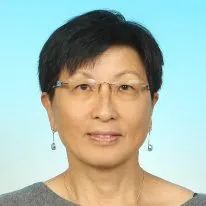
Dai Biguan
Bik-Kwoon Tye, Professor Emeritus of Cornell University and Visiting Professor of Hong Kong University of Science and Technology. She was educated and trained at Wellesley College (BA, 1969), UCSF (M.Sc, 1971), Massachusetts Institute of Technology (PhD, 1974) and Stanford University (Postdoctoral, 1977). Her interest in DNA replication began during her postdoctoral training at Stanford University. At Cornell, her first project was to screen for a yeast DNA replication initiation mutant called MCM that exhibits ARS-specific small chromosome maintenance defects. The MCM2-7 complex was later shown to be the catalytic core of replicative helicases. Together with Dr. Yuanliang Zhai, they established the DNA Replication Group at Hong Kong University of Science and Technology to study the high-resolution structure of MCM-associated replication complexes in yeast.
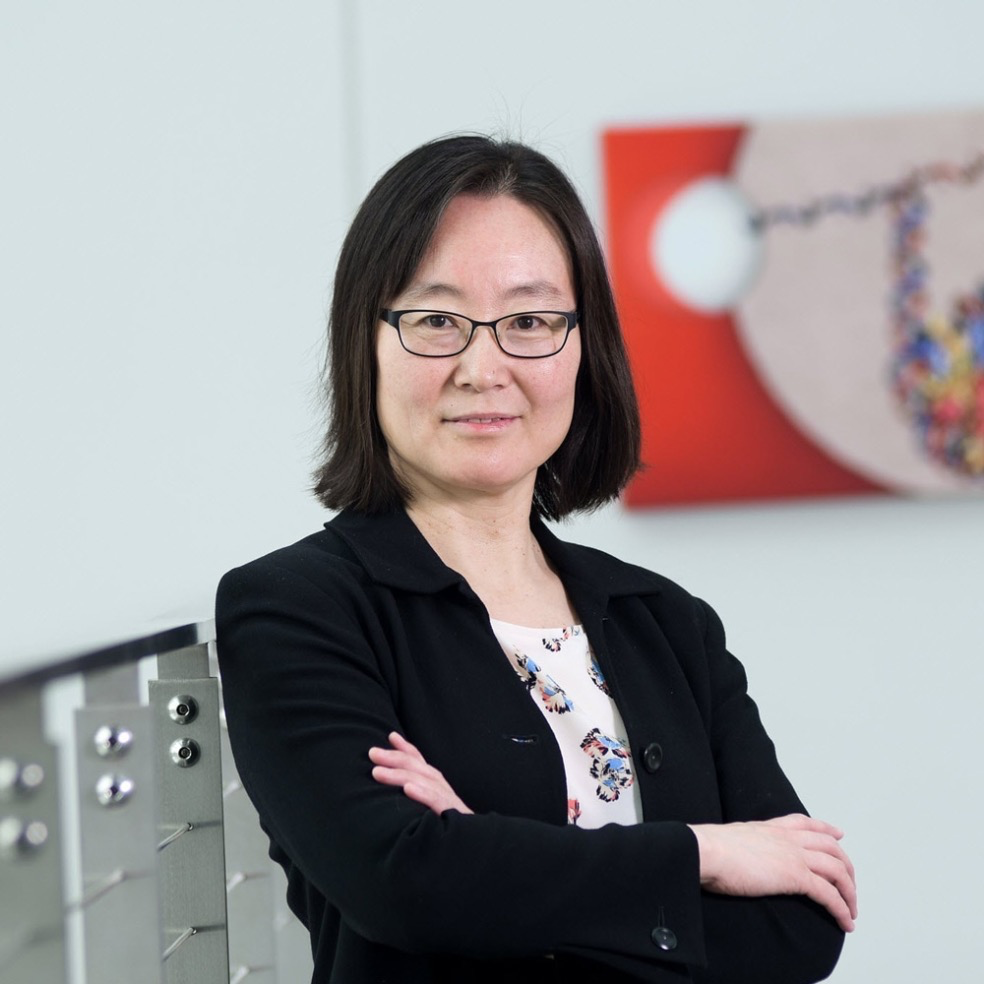
Michelle D. Wang
Michelle D. Wang, Physicist. James Gilbert White Distinguished Professor of Physical Sciences at Cornell University and a Howard Hughes Medical Institute Investigator.
He graduated from Nanjing University with a major in nuclear physics and studied for a doctorate at the Institute of Physics, Chinese Academy of Sciences. After that, he went to the University of Southern Mississippi to study for a master's degree, and obtained a doctorate from the University of Michigan in Ann Arbor. Her research involves biomolecular motors and single-molecule optical trapping technologies, and she was elected a Fellow of the American Physical Society in 2009.
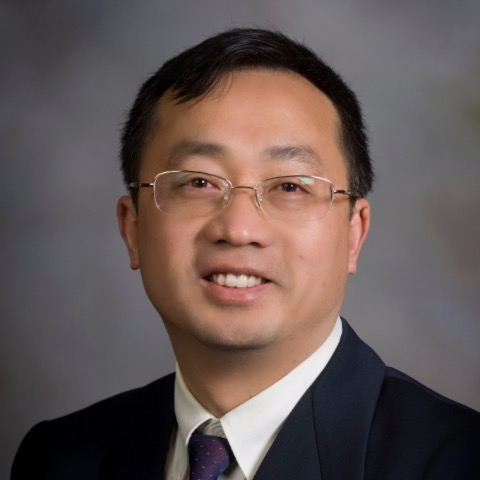
Xiao Shuhai
Xiao Shuhai, professor of geobiology at Virginia Tech, studies the interaction of the biosphere and its environment during critical periods of Earth's history, specifically during the Ediacaran-Cambrian transition.
He graduated from Peking University with a major in geology in 1988, and received a master's degree in geology from Peking University in 1991. After that, he worked as an assistant researcher at the Nanjing Institute of Geology and Palaeontology, Chinese Academy of Sciences. In 1998, he received a Ph.D. in Organic and Evolutionary Biology from Harvard University.
He joined Virginia Tech in 2003, was promoted to professor in 2008, and received the Mary Clark Thompson Medal, a geology and paleontology award from the National Academy of Sciences in 2021.
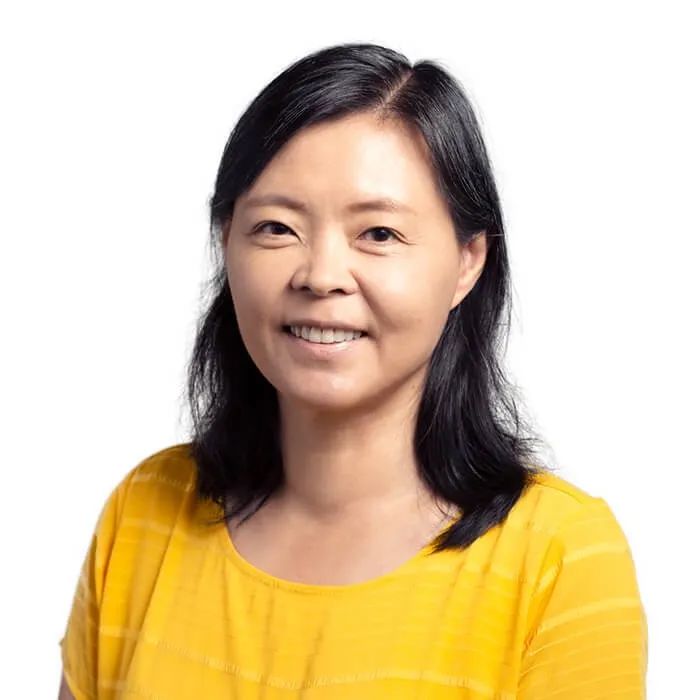
Zeng Hongkui
Zeng Hongkui, neuroscientist, executive vice president, and director of the Allen Institute for Brain Science in the United States.
Since joining the Allen Institute for Brain Science in 2006, he has led multidisciplinary teams to develop large-scale, high-throughput transcriptomics, connectomics, and multimodal platforms and use them to characterize and compartmentalize the various components that make up the mammalian brain Cell types to help elucidate the cell type basis of brain function. Its research has resulted in widely adopted community resources and standards, including transgenic mouse strains, the Allen Mouse Brain Connectivity Atlas, the Common Coordinate Frame (CCF), and whole-brain transcriptome cell-type taxonomy. Hongkui Zeng received her Ph.D. in Molecular and Cellular Biology from Brandeis University and postdoctoral training in Neuroscience at MIT. Gill Transformative Investigator Award.
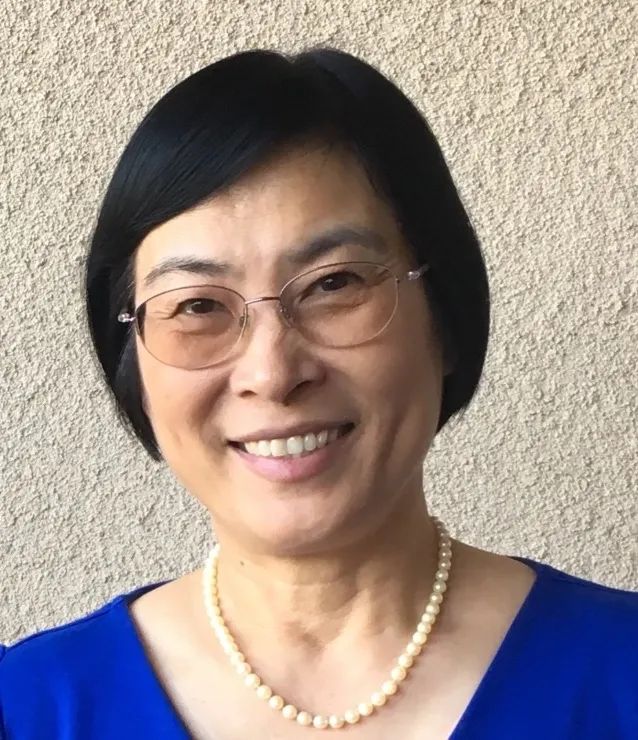
Zhou Min
Zhou Min, sociologist. Tenured Chair Professor of Sociology and Asian American Studies at UCLA, Director of the Asia-Pacific Center, Chair Professor of US-China Relations and Media at the Wenxiang Wang Foundation, Academician of the American Academy of Arts and Sciences.
Min Zhou received a BA in English Language and Literature from Sun Yat-sen University, China in 1982, and a MA and PhD in Sociology from SUNY Albany in 1985 and 1989, respectively. Research fields include immigrant sociology, education and social adaptation of the second generation of immigrants, American minorities and ethnic relations, minority economics, Asian American studies, urban sociology, etc.
His works include Interdisciplinary Construction of American Sociology and Asian American Studies: Opportunities, Challenges and Experiences of a Chinese American Scholar, Changes and Development of Chinese American Society, Chinatown: A Chinese Community with Deep Socioeconomic Potential, etc. .
(Original title "Chen Gang and other 8 Chinese were elected! The American Academy of Sciences announced the list of new academicians")